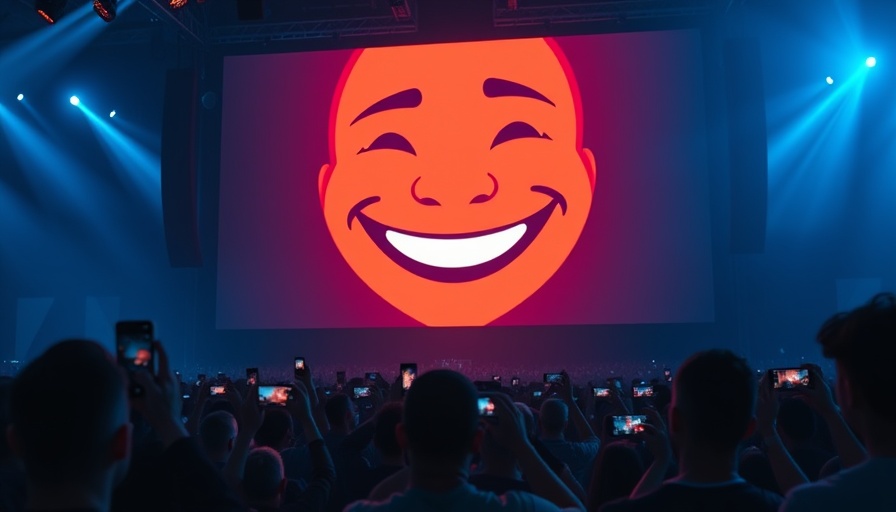
Elon Musk’s xAI Makes Bold Move with Acquisition
In a groundbreaking decision that has sent ripples through the tech industry, Elon Musk’s xAI has officially acquired X in an all-stock deal valued at a staggering $80 billion for xAI and $33 billion for X. Announced on a platform Musk owns, the acquisition is expected to combine crucial resources including data, models, and talent between the two entities. Musk emphasized the importance of this merger as a significant step toward innovation in artificial intelligence and communication technology, stating, "Today, we officially take the step to combine the data, models, compute, distribution and talent."
Analyzing the Impact of the xAI Acquisition on the Tech Landscape
As a result of this union, the tech world is watching closely for potential changes in operational strategies and market influences. Such a merger is not just about numbers—it's a strategic alignment that could leverage synergies in technology and distribution, enhancing the capabilities of both companies. Musk's vision for xAI has always been to push boundaries, and marrying it with X’s communicative power could redefine interactions in digital spaces.
What Does This Mean for the Future of Tech?
The merger raises critical questions regarding competitive positioning in the tech industry. Will xAI become a formidable force against long-standing giants like Google and Facebook? Tech analysts speculate that this acquisition could position xAI as a leader in AI-combined social media platforms, merging cutting-edge AI capabilities with the vast reach of X.
Challenges and Controversies Surrounding xAI and X
However, not all news surrounding Musk’s ventures is positive. Reports of financial irregularities have surfaced, particularly about the a16z- and Benchmark-backed 11x. Employee testimonies suggest that the firm “massaged the numbers” regarding its true financial health. This raises a pivotal issue: the credibility of promises made during acquisitions. Analysts urge caution as the acquisition unfolds, reminding stakeholders to pay attention to internal dynamics and external market reactions that might challenge Musk's ambitious vision.
Block's Layoffs: An Industry Perspective
In the midst of these developments, the tech industry also witnessed significant layoffs as Block announced a workforce reduction of 931 employees. CEO Jack Dorsey's explanation pointed towards organizational restructuring rather than a direct cause of financial distress or a move towards increased automation through AI. The stark contrast between layoffs at Block and growth at xAI serves as a reminder of the ongoing transformations in the tech sector, highlighting both opportunities and obstacles faced by tech companies today.
The Broader Implications for Employment in Technology
This narrative of technological advancement versus job security is prevalent in many discussions surrounding tech mergers and acquisitions. While combining resources might drive innovation, the sacrifices made, such as layoffs, raise ethical questions regarding the direction and responsibility of tech leaders. Stakeholders must consider not just the advancement of technology, but also the human element that accompanies such developments.
What Comes Next? A Glimpse into Tech Predictions
As the dust settles from this acquisition, the future remains uncertain yet full of promise. Will xAI’s new direction revolutionize how we interact online? Will there be pushback due to emerging controversies surrounding practices in tech startups? While experts weigh in with differing predictions, one constant persists: the tech sector must navigate an evolving landscape marked by rapid advancements, shifting consumer behaviors, and heightened scrutiny.
As we continue to follow these developments in the tech landscape, such milestones serve as a reminder of the fluidity within the industry and the importance of accountability as we progress towards the future of technology.
 Add Row
Add Row  Add
Add 



Write A Comment